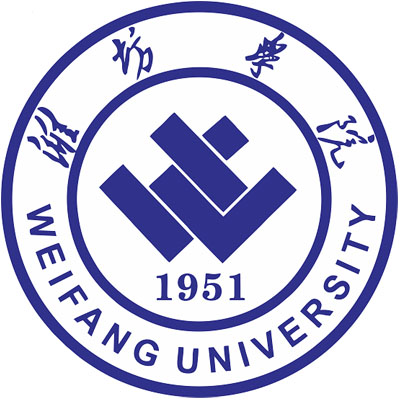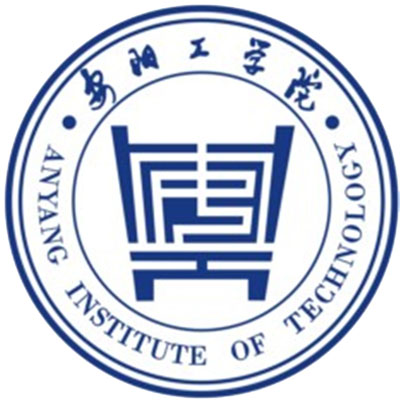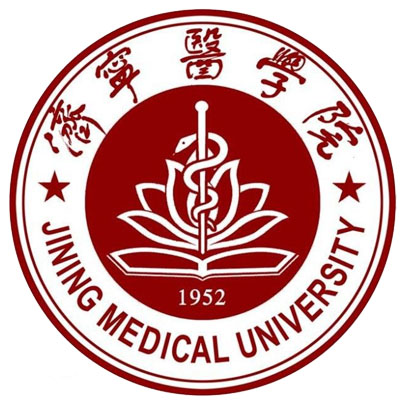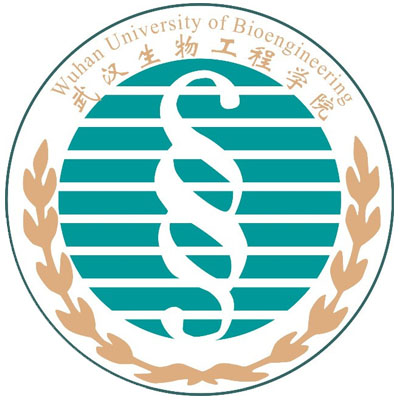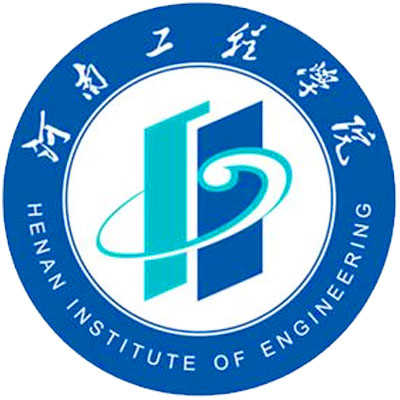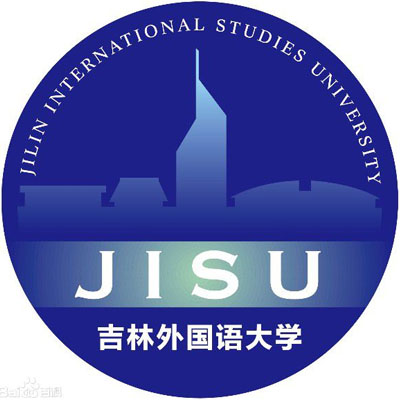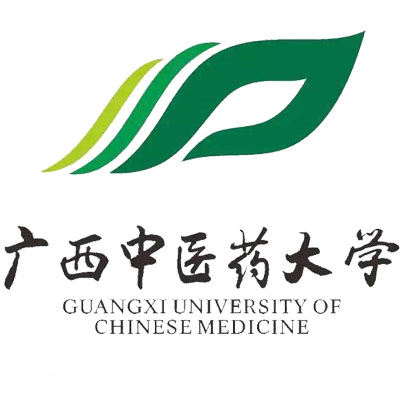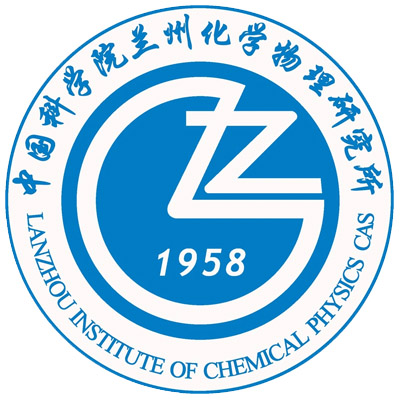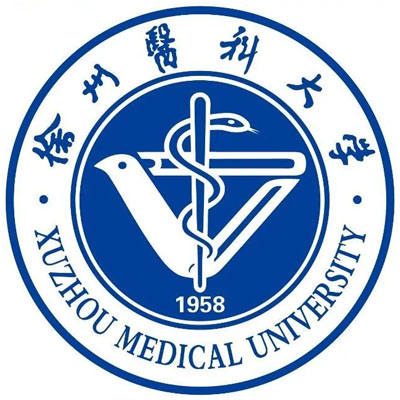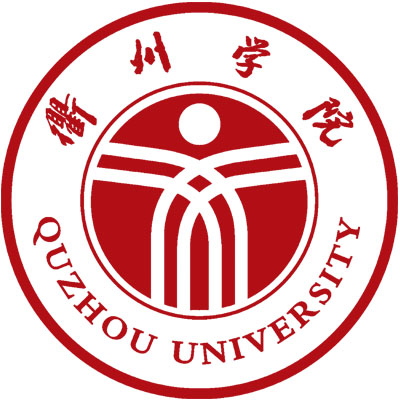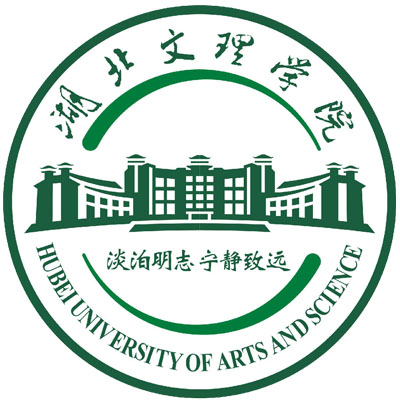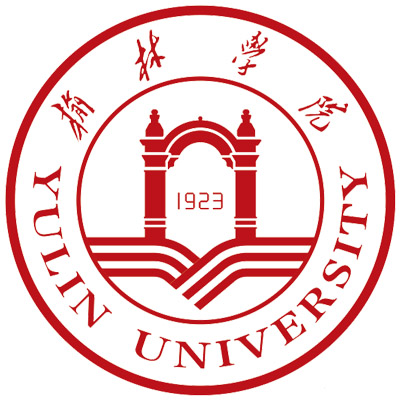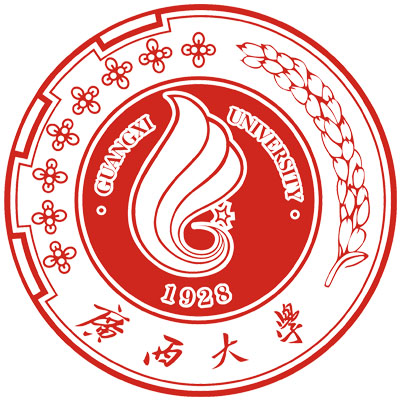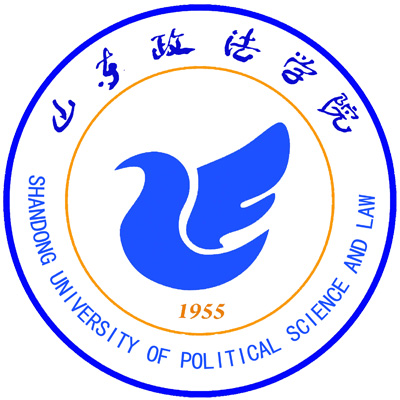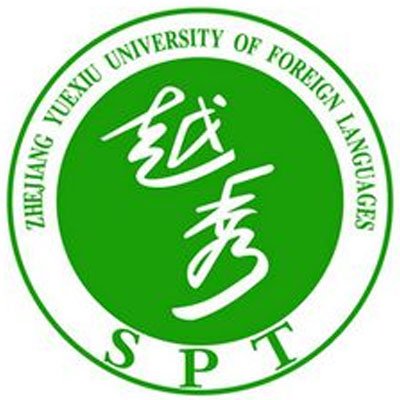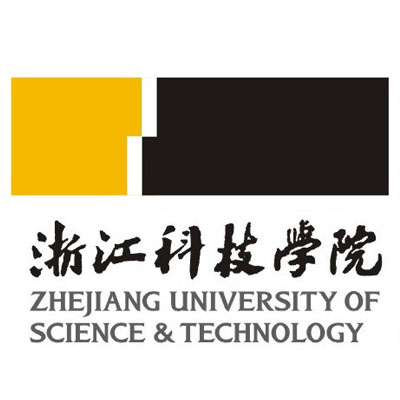英国牛津大学2023年招聘博士后(心脏发育的细胞和分子机制研究)
牛津大学(University of Oxford),简称“牛津”(Oxford),位于英国牛津,是一所公立研究型大学,采用传统学院制。是罗素大学集团成员,被誉为“金三角名校”、“G5超级精英大学”,全球大学校长论坛成员。牛津大学的具体建校时间已不可考,但有档案明确记载的最早的授课时间为1096年,亨利二世在1167年禁止英国学生就读巴黎大学,因得到了英国王室的大力支持而快速发展。
Postdoctoral Research Scientist: investigating the cellular and molecular mechanisms of heart development
University of Oxford
United Kingdom
January 08, 2024
Contact:N/A
Offerd Salary:Negotiation
Location:N/A
Working address:N/A
Contract Type:fixed term from 01st
Working Time:Full time
Working type:N/A
Ref info:N/A
Postdoctoral Research Scientist: investigating the cellular and molecular mechanisms of heart development
Department of Physiology, Anatomy and Genetics, Institute of Developmental and Regenerative Medicine (IDRM), IMS-Tetsuya Nakamura Building, Old Road Campus, Roosevelt Drive, Headington, Oxford, OX3 7TY
Full time, fixed term from 01st March 2024 until 28th February 2029
Applications are invited for a Postdoctoral Research Scientist to work with Professor Paul Riley on a BBSRC-funded collaborative project as part of consortium (CellTalkHDD) of investigators from the University of Cambridge (Professor Sanjay Sinha- consortium lead PI; Dr Richard Tyser), University of Oxford (Dr Filipa Simões) and Wellcome Trust Sanger Institute (Dr Sarah Teichman), studying the cellular and molecular mechanisms of human heart development.
The overall consortium aims are to comprehensively define the cell states, cellular crosstalk and tissue microenvironments of embryonic and fetal human heart development. To combine human developmental heart cell atlas data (both generated by this project and published data sets) with existing and novel hPSC-derived in vitro models to recreate specific developmental niches and experimentally determine the critical molecular regulators of cell-cell crosstalk and niche function in the dish. To determine to what extent model organisms faithfully reflect cellular and molecular events in human hearts. We will generate comparable multiome and spatial datasets in animal models and employ deep learning approaches to define conserved niches and signalling events for functional testing.
This project will provide comparative insights into animal model heart development. Responsibilities will include integrating existing and newly generated multiome datasets, including spatial transcriptomics, with human and animal model datasets to identify conserved regulators of cellular cross talk and niche biology. Functional assessment of conserved niche factors via gene editing and in vivo phenotyping. In addition, the successful applicant will test the ability of human pluripotent stem cell (hPSC)-derived cardiovascular cell types to integrate into the developing animal model through xenotransplantation, thus in combination this project will validate the animal model and hPSC-derivatives as model systems to study human heart development.
They will be required to use specialist scientific equipment in a laboratory environment, and to contribute to other on-going research projects within the laboratory, in accordance with experience and grade. In addition, they will teach experimental techniques to graduate and undergraduate project students and provide supervision of these students within the laboratory. The successful applicant will be expected to present at internal group meetings and will have the opportunity to attend external scientific meetings and to contribute to drafting manuscripts for the publication of the project studies. There will be scope for further research training through courses run both within the University and externally, for example in computational biology.
The successful applicant will hold, or be near to completion of a relevant PhD degree, and have experience in molecular/cellular biology relevant to the programme of work. They must be strongly motivated with a highly enthusiastic approach to science and good organizational, verbal, communication, and interpersonal skills. They must be able to work both independently and part of a research team. It is desirable (but not essential) that the successful applicant has experience in cardiovascular research working with animal models. Experience of histology and gene/protein expression analyses and confocal microscopy with image analysis software would be beneficial.
The successful applicant will be based at the Department of Physiology, Anatomy and Genetics, Institute of Developmental and Regenerative Medicine (IDRM) , IMS-Tetsuya Nakamura Building, Old Road Campus, Roosevelt Drive, Headington, Oxford, OX3 7TY.
The position is fixed term from 01st March 2024 until 28th February 2029 , funded by the BBSRC.
Closing date for applications is midday on Monday 8th January 2024.
Interviews are likely to be held week commencing 15th January 2024.
For further information on the post, please contact Professor Paul Riley: paul.riley@idrm.ox.ac.uk. Details of “how to apply” can be found in the accompanying job description.
Applications are particularly welcome from women, black and minority ethnic candidates who are under-represented in academic posts in Oxford.
We, as a Department and Community, will be considerate and welcoming of all people, regardless of race, ethnicity, religion, disability, sexual orientation and gender identity. We acknowledge societal inequalities and how these impact us, and those around us, personally and professionally. – DPAG Statement of Inclusion
Contact Person : DPAG HR Team Vacancy ID : 169477 Contact Phone : Closing Date & Time : 08-Jan-2024 12:00 Pay Scale : STANDARD GRADE 7 Contact Email : hr@dpag.ox.ac.uk Salary (£) : 36024 - 40521
为防止简历投递丢失请抄送一份至:boshijob@126.com(邮件标题格式:应聘职位名称+姓名+学历+专业+中国博士人才网)
中国-博士人才网发布
声明提示:凡本网注明“来源:XXX”的文/图等稿件,本网转载出于传递更多信息及方便产业探讨之目的,并不意味着本站赞同其观点或证实其内容的真实性,文章内容仅供参考。



